Top 25 Books For Psychologists: That Will Stay by Your Side Throughout Your Lifetime!
Books for Psychologists That Will Stand the Test of Time
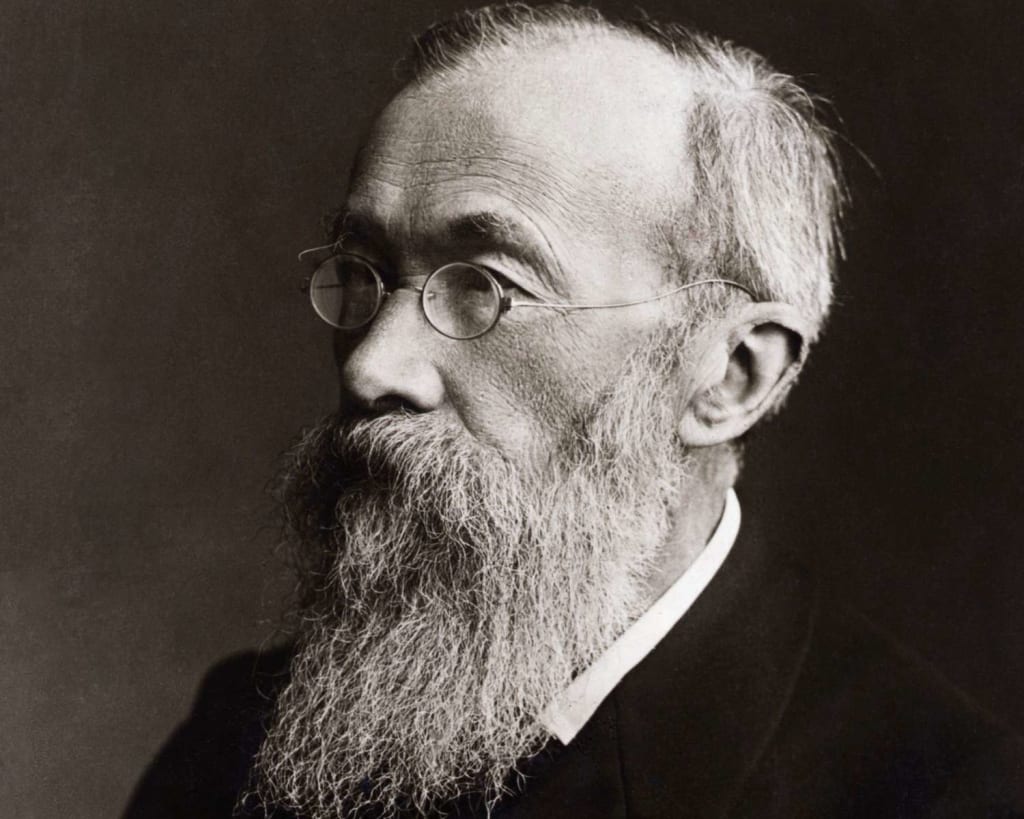
As a psychologist, continuous learning and professional development are essential to provide the best care to your clients. One of the most valuable resources for psychologists is books. In this blog post, we've curated a list of the top 25 books for psychologists that will not only provide valuable insights and evidence-based practices but will also remain steadfast companions throughout your career. Each of these books offers a unique perspective, practical guidance, and transformative ideas, ensuring that they stay by your side, ready to inspire, inform, and empower you. Let's dive into the list!
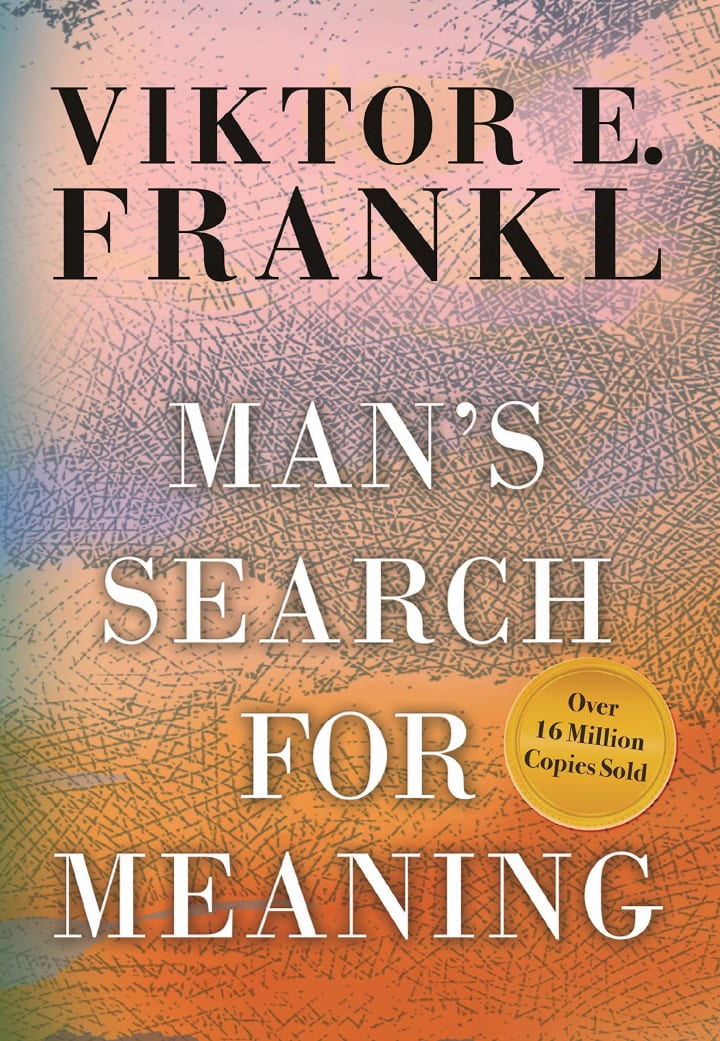
1. "Man's Search for Meaning" by Viktor E. Frankl:
"Man's Search for Meaning" is Viktor E. Frankl's powerful memoir that explores the meaning of life and the human search for purpose, even in the face of adversity. This book offers profound insights into the resilience of the human spirit and the importance of finding meaning in one's existence.
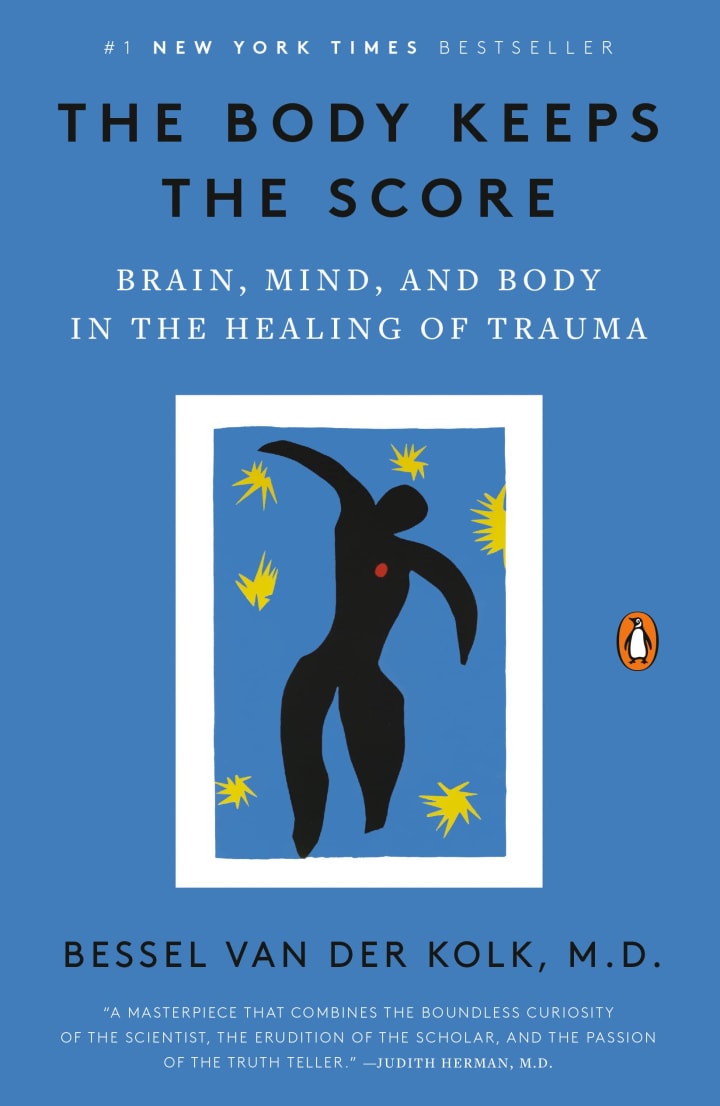
2. "The Body Keeps the Score: Brain, Mind, and Body in the Healing of Trauma" by Bessel van der Kolk:
Bessel van der Kolk's groundbreaking book, "The Body Keeps the Score," examines the impact of trauma on the brain, mind, and body. This book provides a comprehensive understanding of trauma and offers innovative therapeutic approaches to help individuals heal and reclaim their lives.
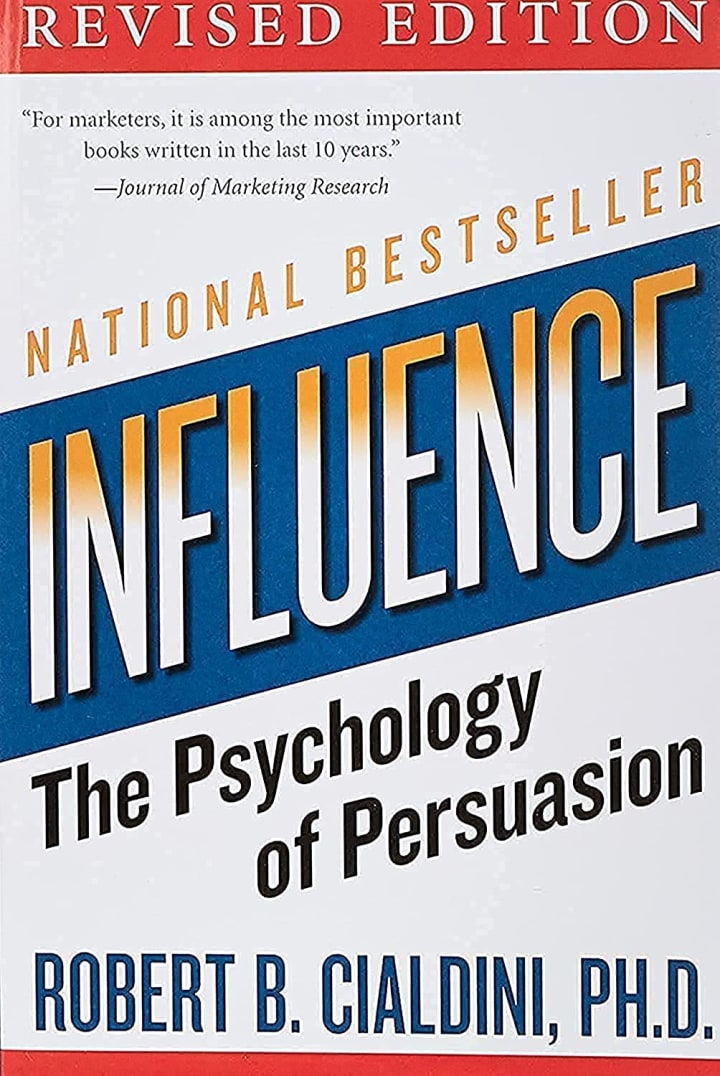
3. "Influence: The Psychology of Persuasion" by Robert B. Cialdini:
Robert B. Cialdini explores the principles of persuasion and the psychology behind it in "Influence." This book uncovers the techniques used to influence human behavior and provides valuable insights for psychologists in understanding social influence and the power of persuasion.

4. "The Interpretation of Dreams" by Sigmund Freud:
Sigmund Freud's seminal work, "The Interpretation of Dreams," delves into the realm of dreams and their significance in understanding the unconscious mind. This book explores the symbols, imagery, and hidden meanings within dreams, offering a deeper understanding of human psychology.
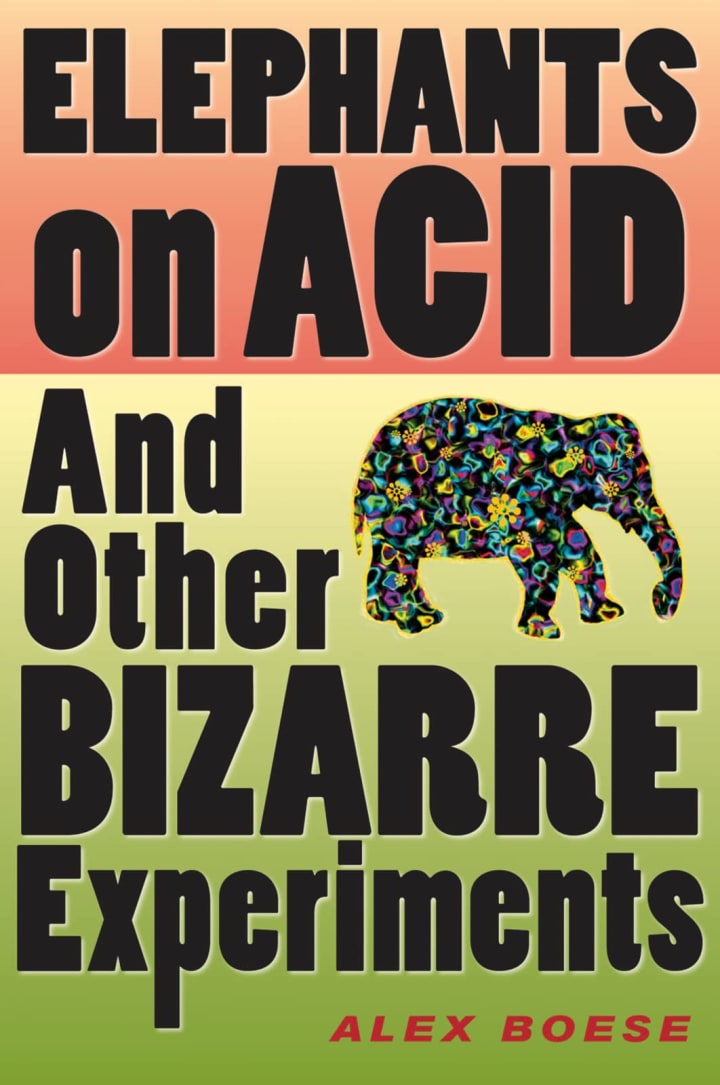
5. "Elephants on Acid: And Other Bizarre Experiments" by Alex Boese:
"Elephants on Acid" by Alex Boese offers an entertaining and eye-opening journey into the world of bizarre experiments. From peculiar research on animals to mind-boggling human studies, this book showcases the quirky side of scientific exploration. With humor and curiosity, Boese presents a captivating read that leaves readers both entertained and informed.
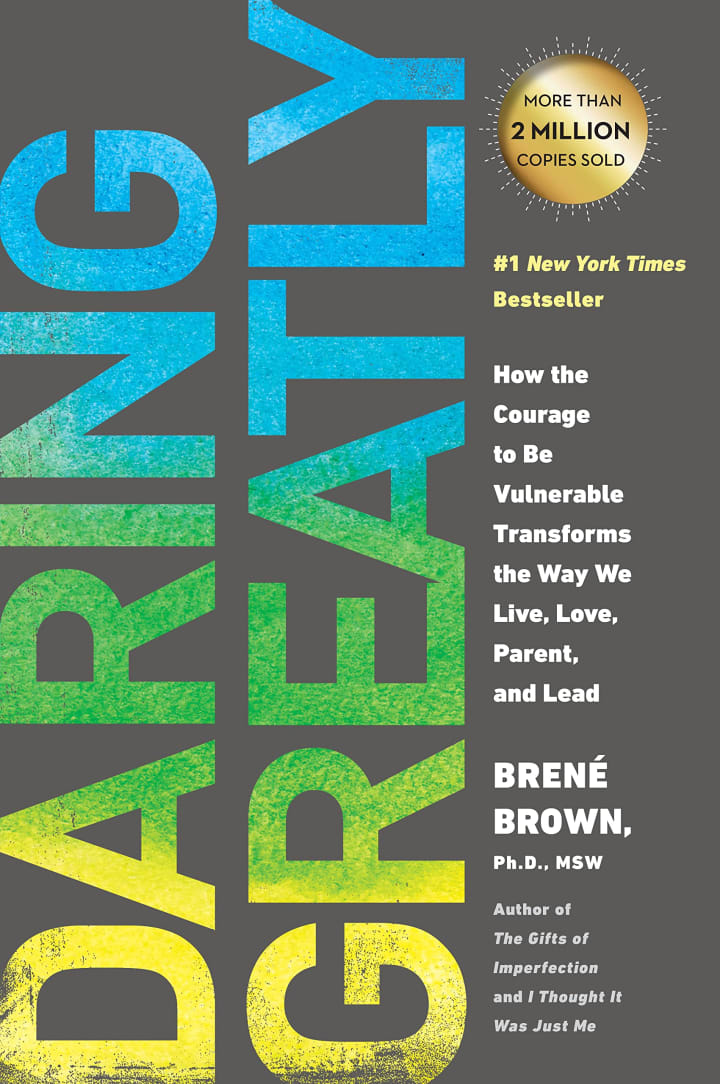
6. "Daring Greatly: How the Courage to Be Vulnerable Transforms the Way We Live, Love, Parent, and Lead" by Brené Brown:
Brené Brown's transformative book, "Daring Greatly," explores the power of vulnerability and its impact on personal and professional growth. This book encourages psychologists to embrace vulnerability, cultivate empathy, and create safe spaces for their clients to heal and thrive.
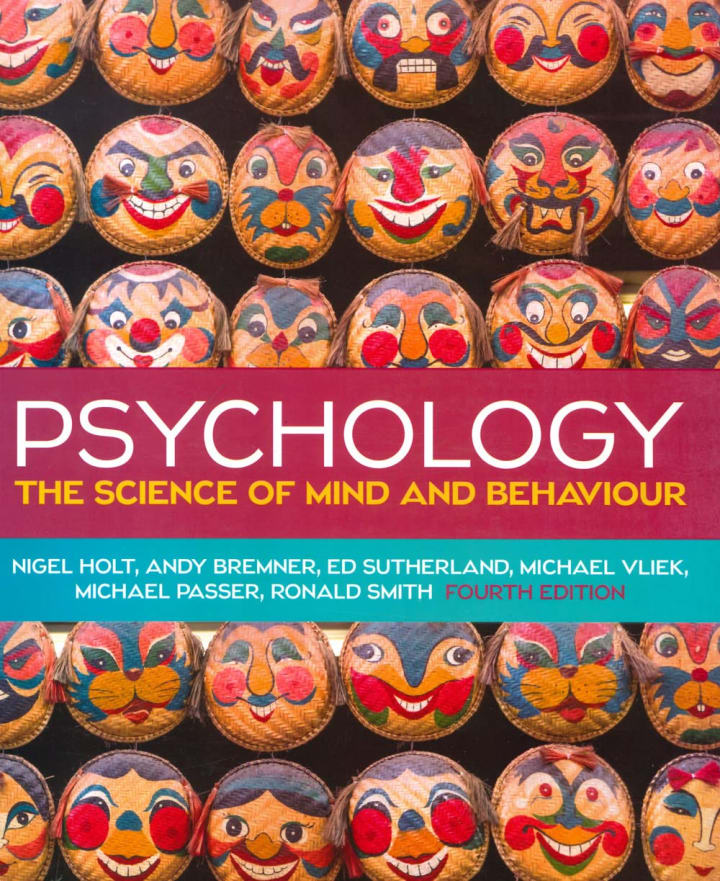
7. "Psychology: The Science of Mind and Behavior" by Michael Passer and Ronald Smith:
Passer and Smith's comprehensive textbook, "Psychology: The Science of Mind and Behavior," provides a thorough introduction to the field of psychology. This book covers various topics, including cognitive processes, social psychology, abnormal behavior, and research methods, serving as a valuable resource for psychologists at all stages of their career.
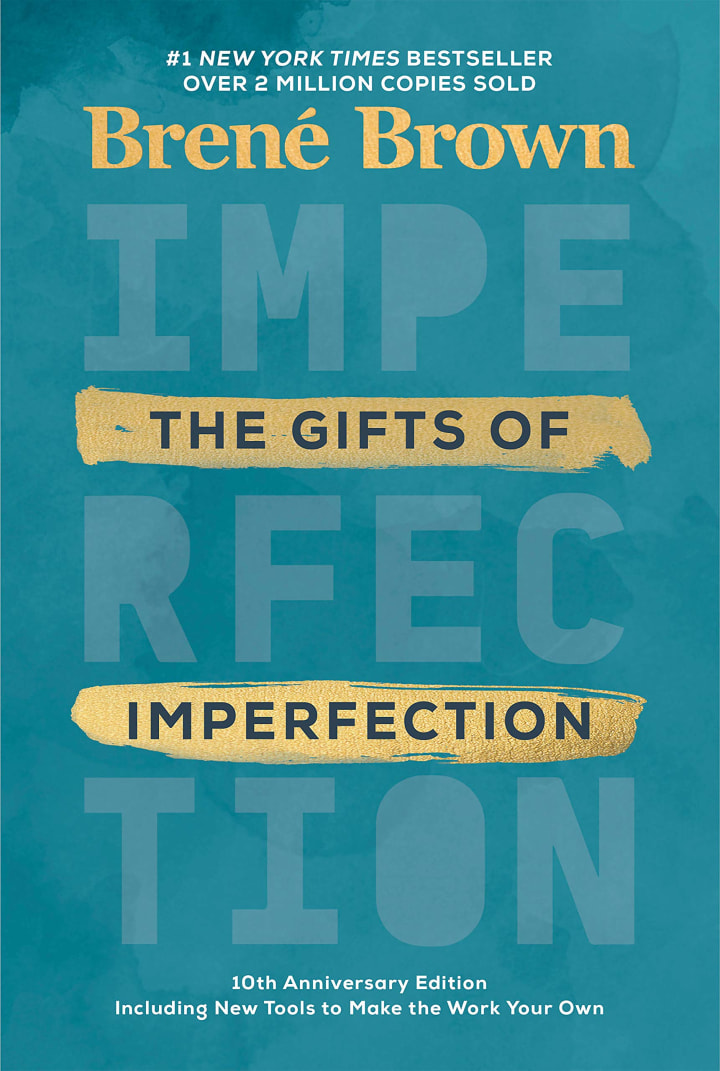
8. "The Gifts of Imperfection: Let Go of Who You Think You're Supposed to Be and Embrace Who You Are" by Brené Brown:
Brené Brown encourages psychologists to embrace imperfection and wholehearted living in "The Gifts of Imperfection." This book explores concepts such as self-compassion, authenticity, and resilience, offering insights that psychologists can apply in both their personal and professional lives.
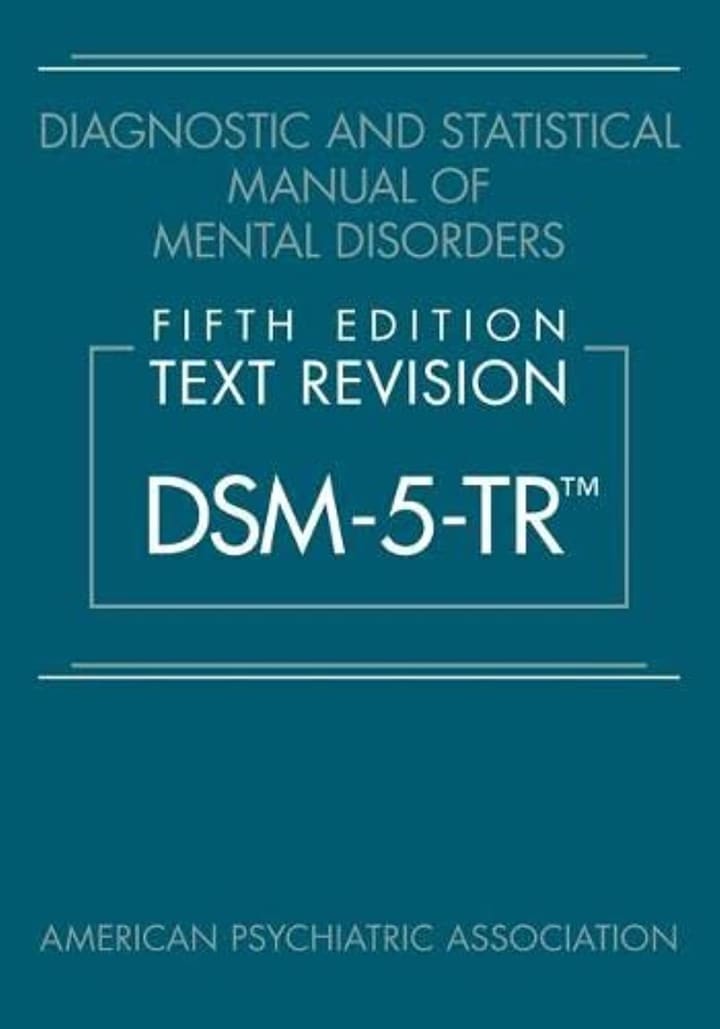
9. "Diagnostic and Statistical Manual of Mental Disorders (DSM-5)":
The "Diagnostic and Statistical Manual of Mental Disorders (DSM-5)" is the authoritative guide for diagnosing mental health conditions. This manual provides diagnostic criteria, assessment tools, and a common language for psychologists working in the field of mental health.
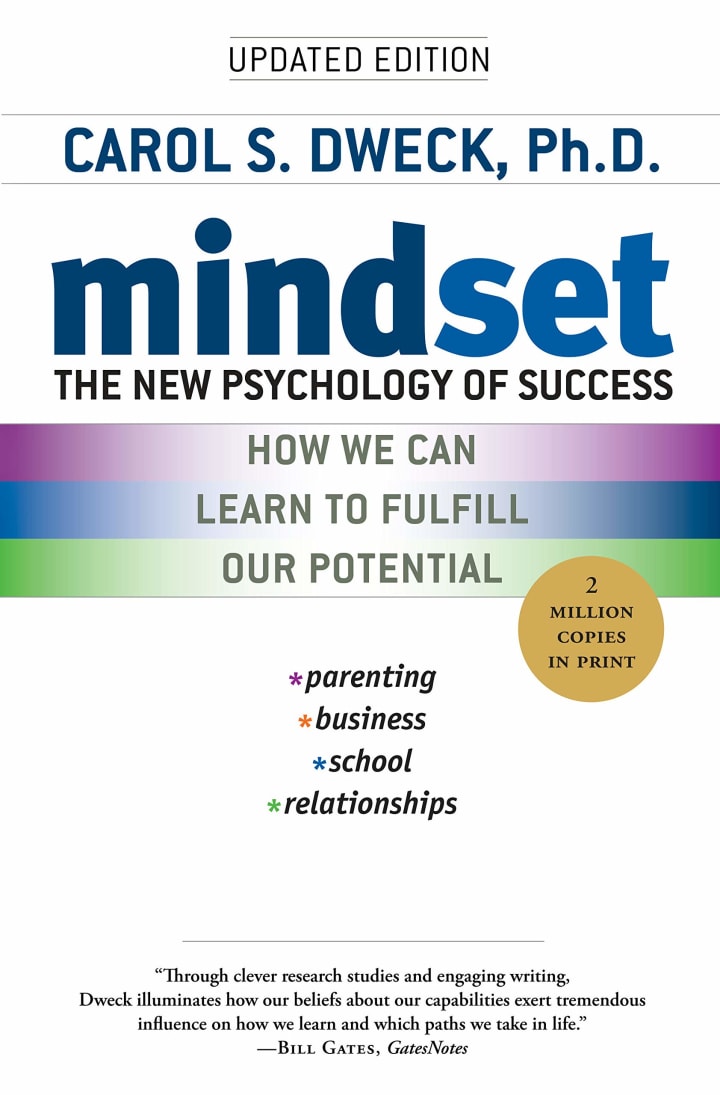
10. "The Happiness Hypothesis: Ten Ways to Find Happiness and Meaning in Life" by Jonathan Haidt:
"The Happiness Hypothesis" by Jonathan Haidt offers psychologists a comprehensive exploration of happiness and meaning in life. Drawing from scientific research, philosophy, and practical insights, this book is a valuable resource for understanding human well-being. It provides psychologists with valuable tools to guide their clients towards a happier and more fulfilling life.
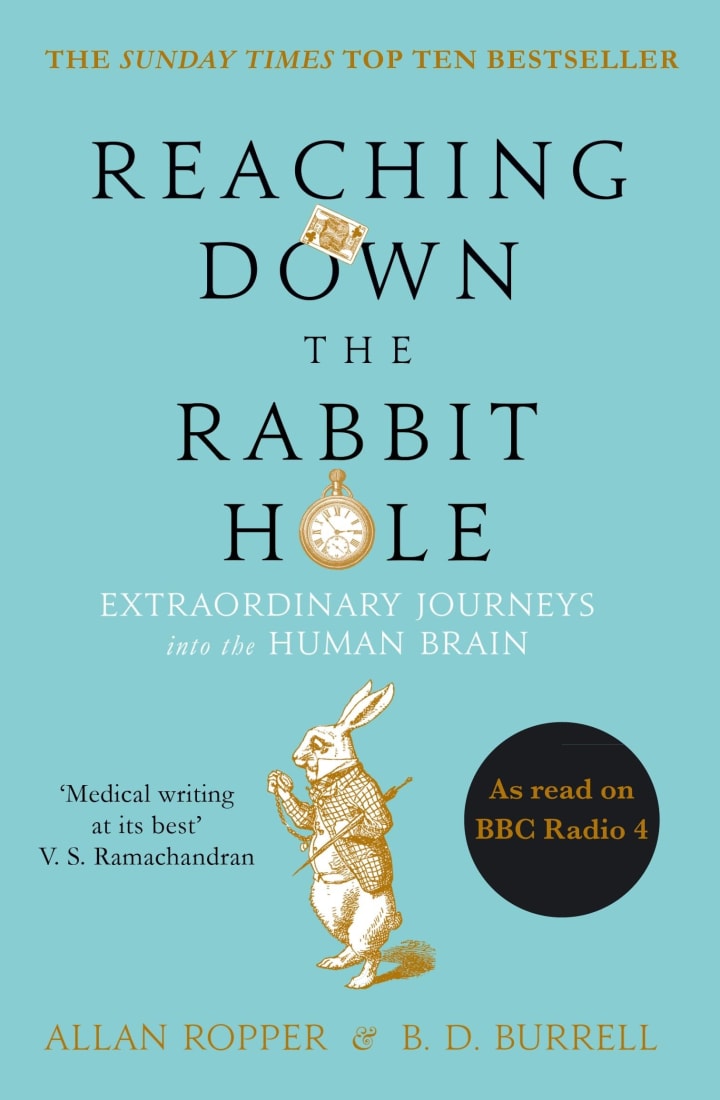
11. "Reaching Down the Rabbit Hole: Extraordinary Journeys into the Human Brain" by Allan H. Ropper :
"Reaching Down the Rabbit Hole" is a captivating exploration of the human brain, delving into extraordinary cases and journeys that shed light on its complexities. With remarkable storytelling and medical expertise, Allan H. Ropper offer a compelling glimpse into the mysteries of neurological disorders and the resilience of the human spirit, making it a must-read for anyone fascinated by the workings of the mind.
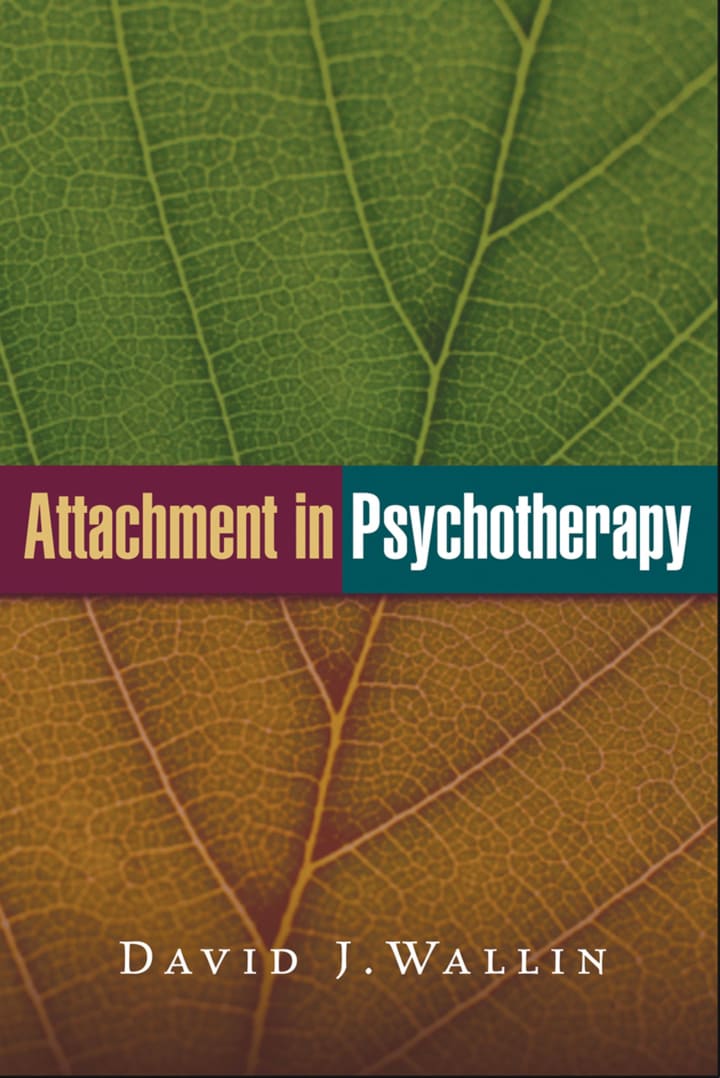
12. "Attachment in Psychotherapy" by David J. Wallin:
David J. Wallin explores the significance of attachment in the therapeutic relationship in "Attachment in Psychotherapy." This book highlights the impact of early attachment experiences on psychological well-being and offers insights into integrating attachment theory into therapeutic practice.
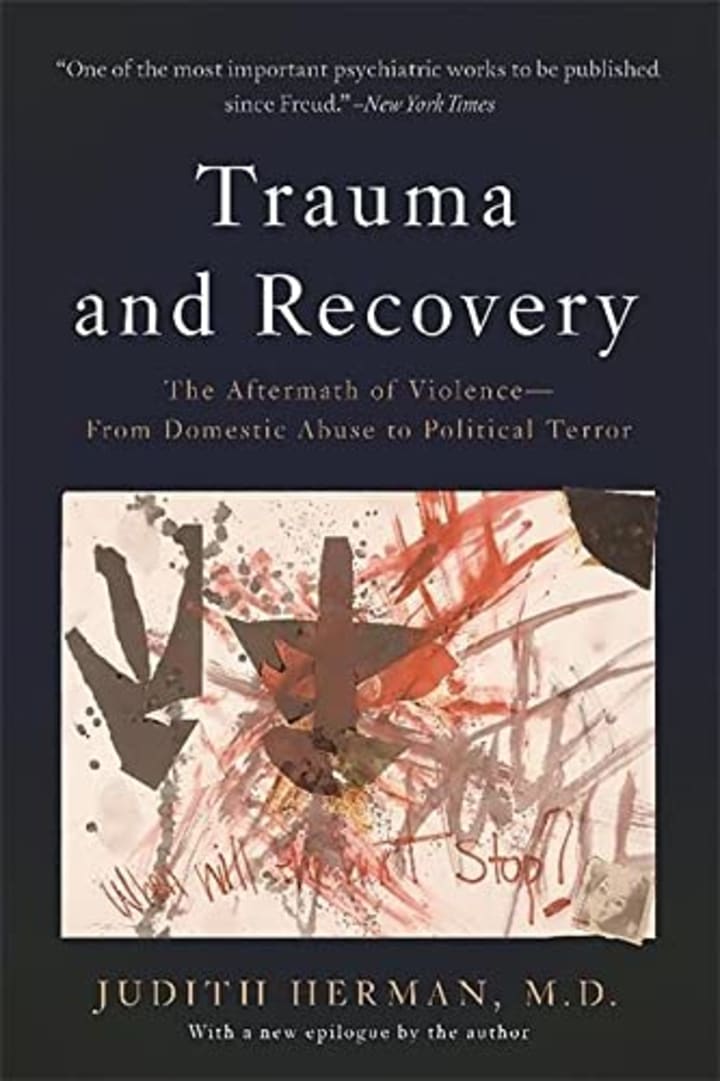
13. "Trauma and Recovery: The Aftermath of Violence - From Domestic Abuse to Political Terror" by Judith Herman:
Judith Herman's influential book, "Trauma and Recovery," examines the psychological impact of trauma and offers a framework for understanding and treating trauma-related disorders. This book provides essential knowledge for psychologists working with individuals who have experienced trauma.
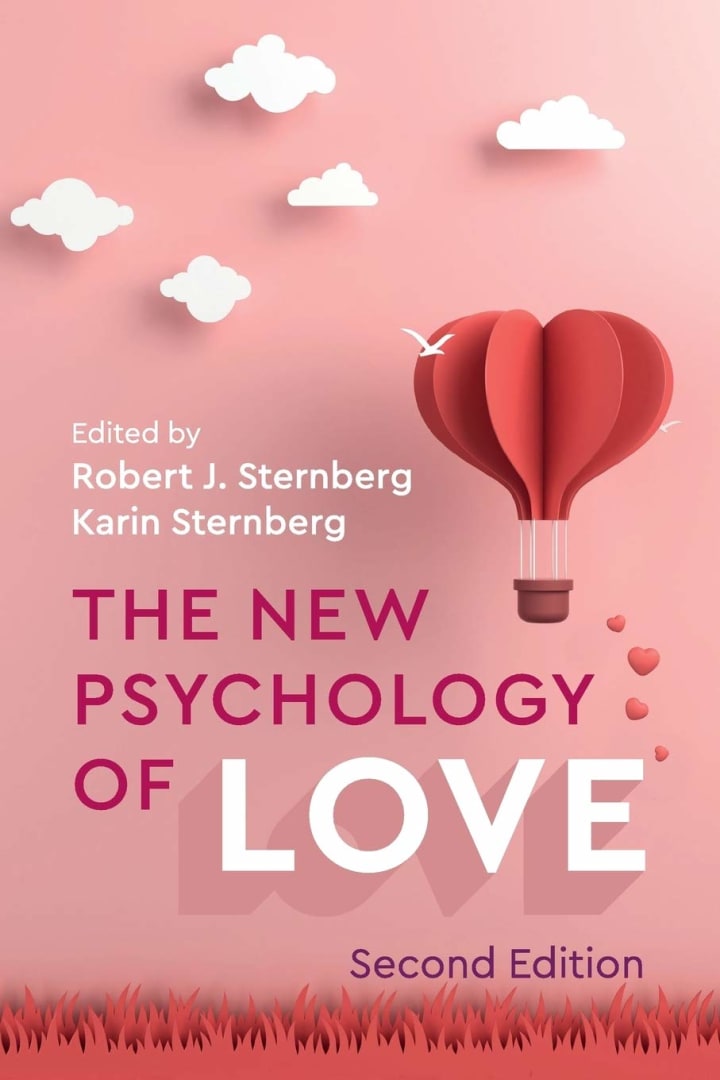
14. "The Psychology of Love" by Robert J. Sternberg and Karin Weis:
Robert J. Sternberg and Karin Weis delve into the complexities of love in "The Psychology of Love." This book explores the various components of love, including intimacy, passion, and commitment, and offers insights into the dynamics of romantic relationships.
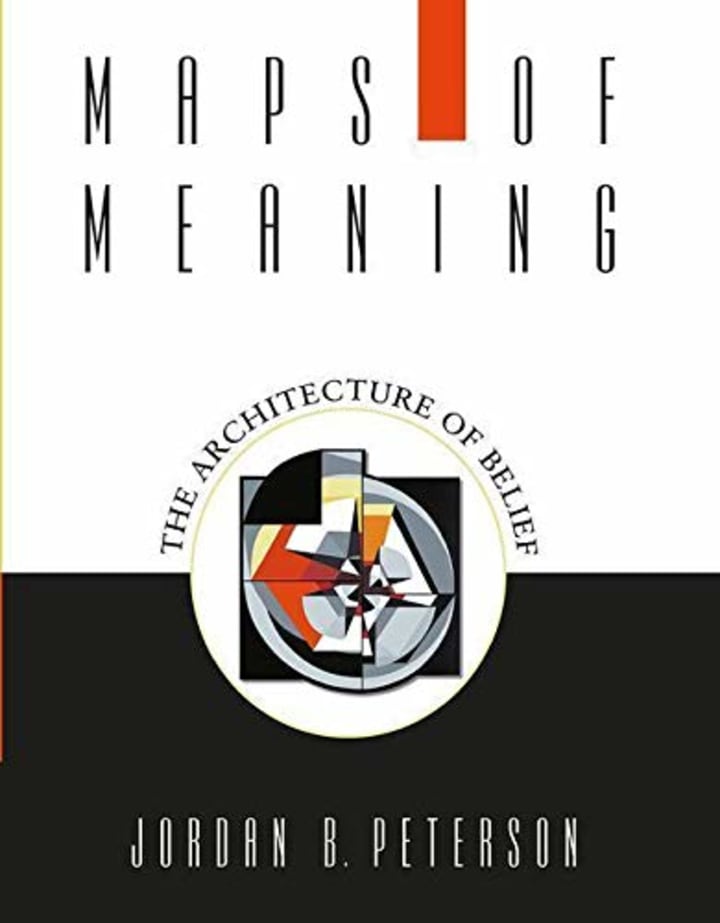
15. "Maps of Meaning: The Architecture of Belief" by Jordan B. Peterson:
Jordan B. Peterson's "Maps of Meaning" explores the intersection of psychology, mythology, and religion. This book delves into the structure and meaning of belief systems, providing psychologists with a deeper understanding of the human psyche and the role of meaning in people's lives.
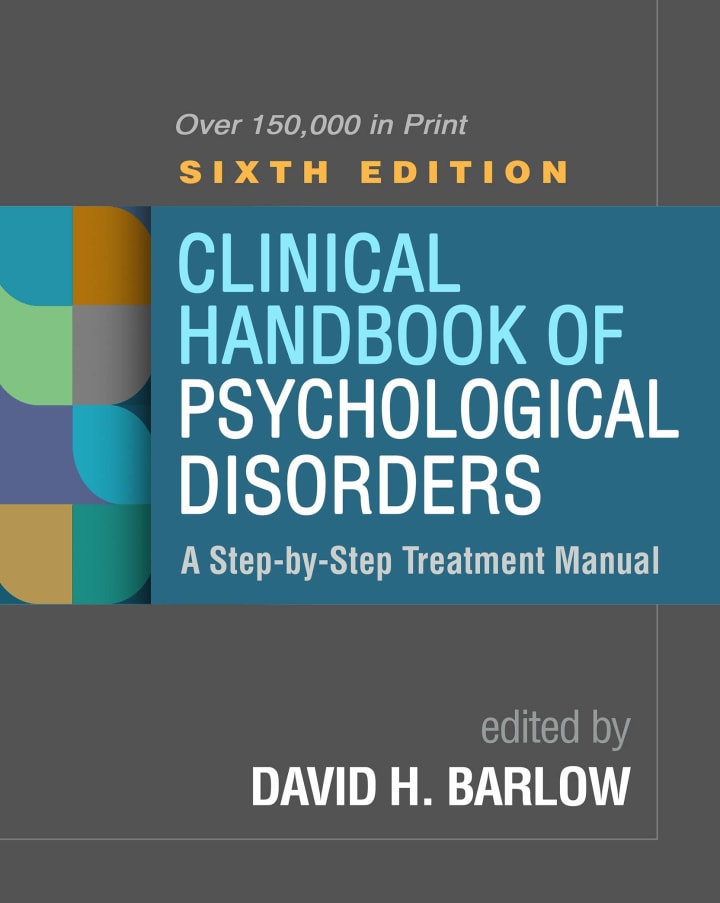
16. "Clinical Handbook of Psychological Disorders: A Step-by-Step Treatment Manual" edited by David H. Barlow:
"Clinical Handbook of Psychological Disorders" is an invaluable resource for psychologists, providing a comprehensive and step-by-step guide to the treatment of various psychological disorders. Edited by David H. Barlow, this manual combines evidence-based interventions with practical strategies, making it an essential companion for clinicians seeking effective approaches in their practice.
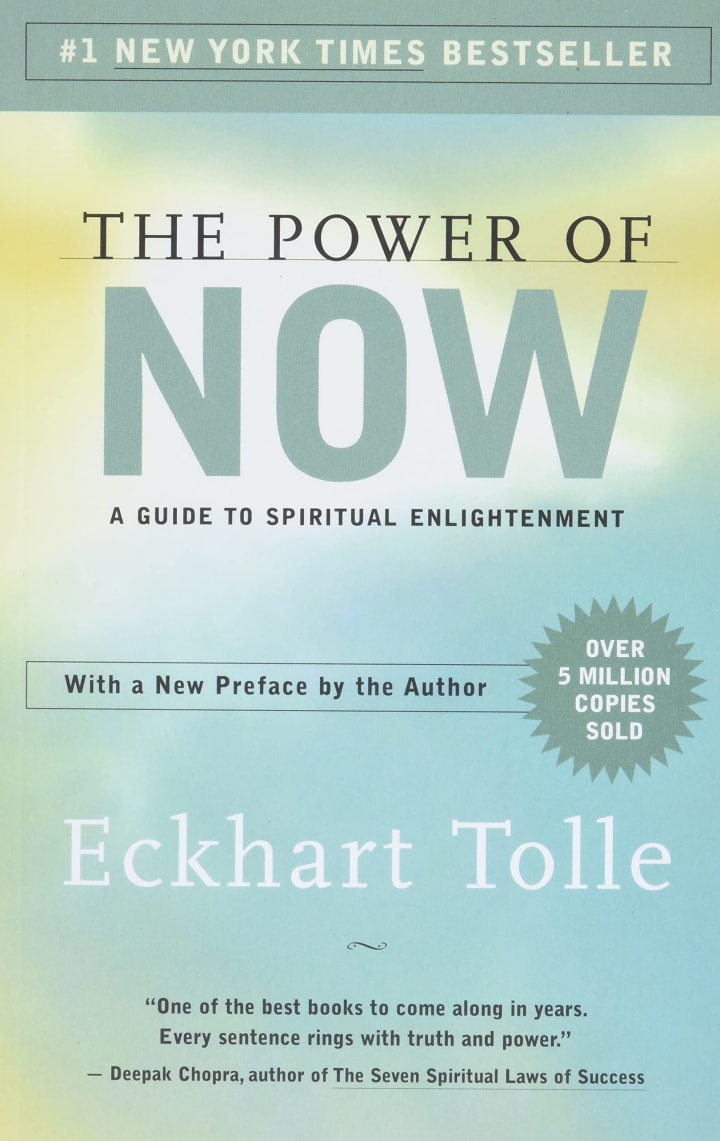
Eckhart Tolle's transformative book, "The Power of Now," explores the concept of living in the present moment and finding inner peace. This book offers insights into mindfulness, self-awareness, and transcending negative thought patterns, providing psychologists with valuable tools for themselves and their clients.
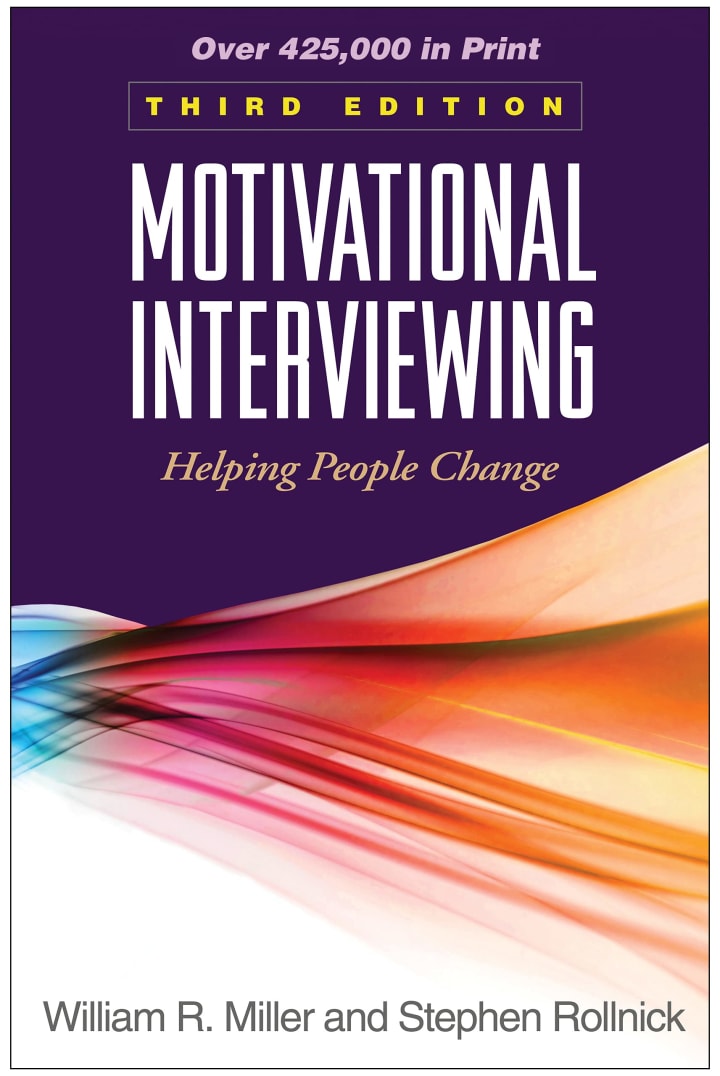
18. "Motivational Interviewing: Helping People Change" by William R. Miller and Stephen Rollnick:
William R. Miller and Stephen Rollnick present the principles and techniques of motivational interviewing in this influential book. "Motivational Interviewing" offers practical strategies to help psychologists facilitate behavior change, build motivation, and enhance client engagement.
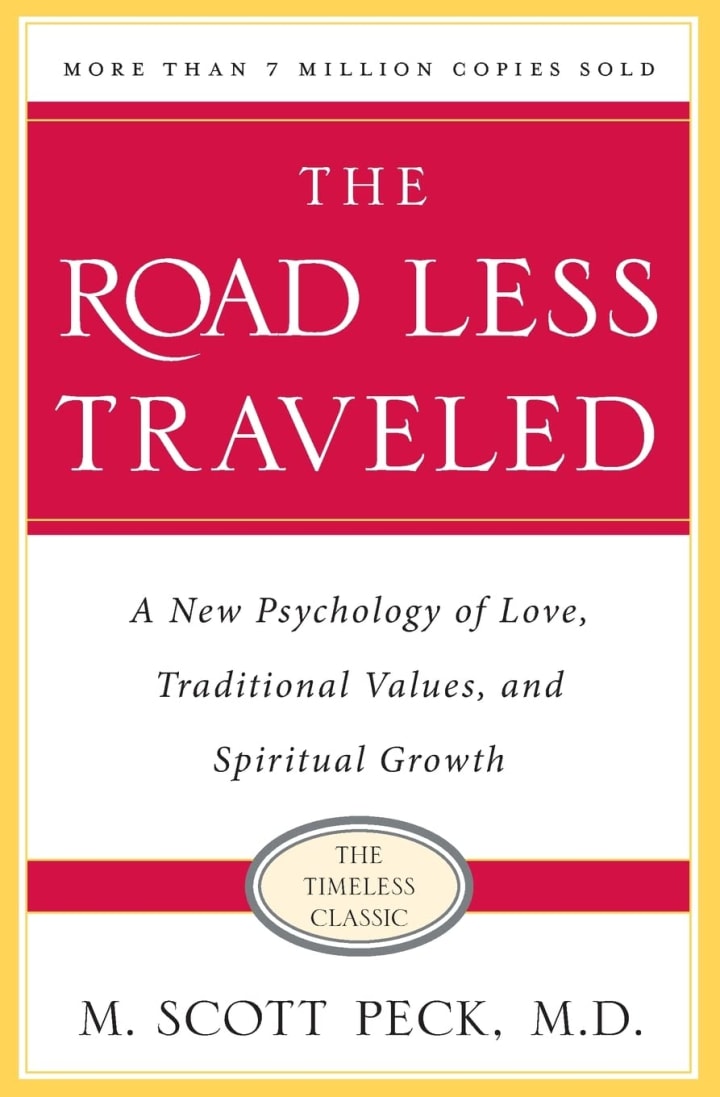
19. "The Road Less Traveled: A New Psychology of Love, Traditional Values, and Spiritual Growth" by M. Scott Peck:
M. Scott Peck's classic book, "The Road Less Traveled," explores the intersection of psychology, love, spirituality, and personal growth. This book offers insights into the importance of self-discipline, personal responsibility, and authentic relationships in leading a fulfilling life.
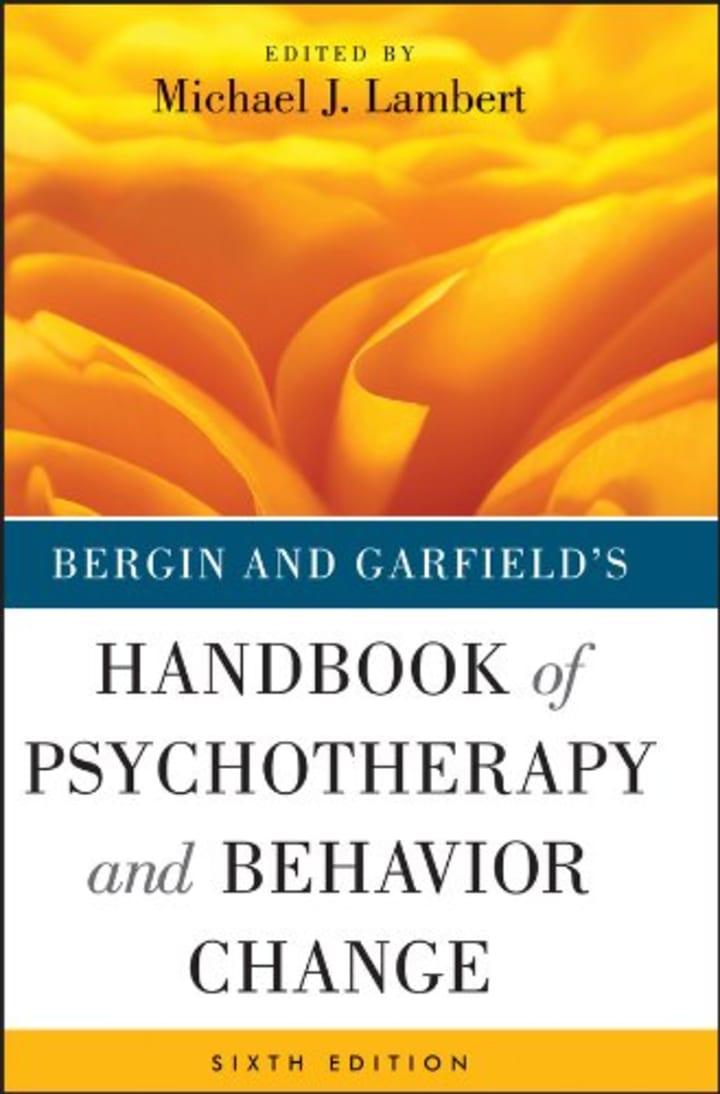
20. "Handbook of Psychotherapy and Behavior Change" edited by Allen E. Bergin and Sol L. Garfield:
The "Handbook of Psychotherapy and Behavior Change" edited by Allen E. Bergin and Sol L. Garfield is a comprehensive resource that covers various therapeutic approaches and their effectiveness. This book provides psychologists with evidence-based interventions and strategies for facilitating behavior change in their clients.
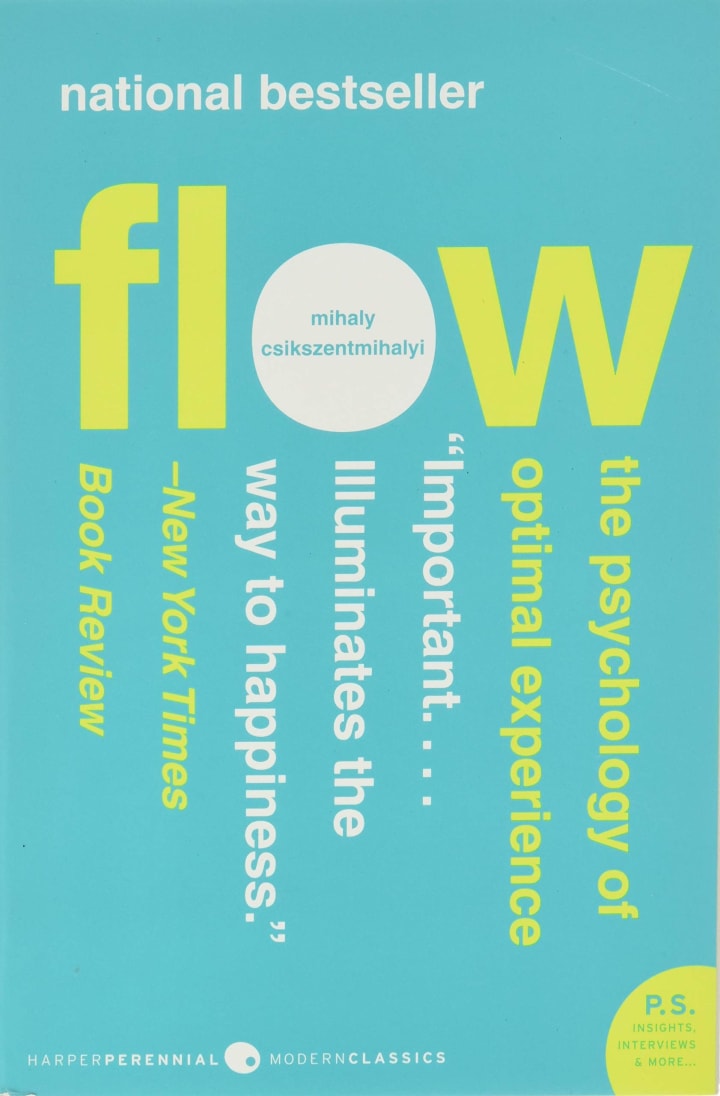
21. "Flow: The Psychology of Optimal Experience" by Mihaly Csikszentmihalyi:
Mihaly Csikszentmihalyi explores the concept of flow and the psychology of optimal experience in this influential book. "Flow" delves into the conditions that foster deep engagement, creativity, and satisfaction, offering psychologists insights into facilitating the experience of flow in their clients' lives.
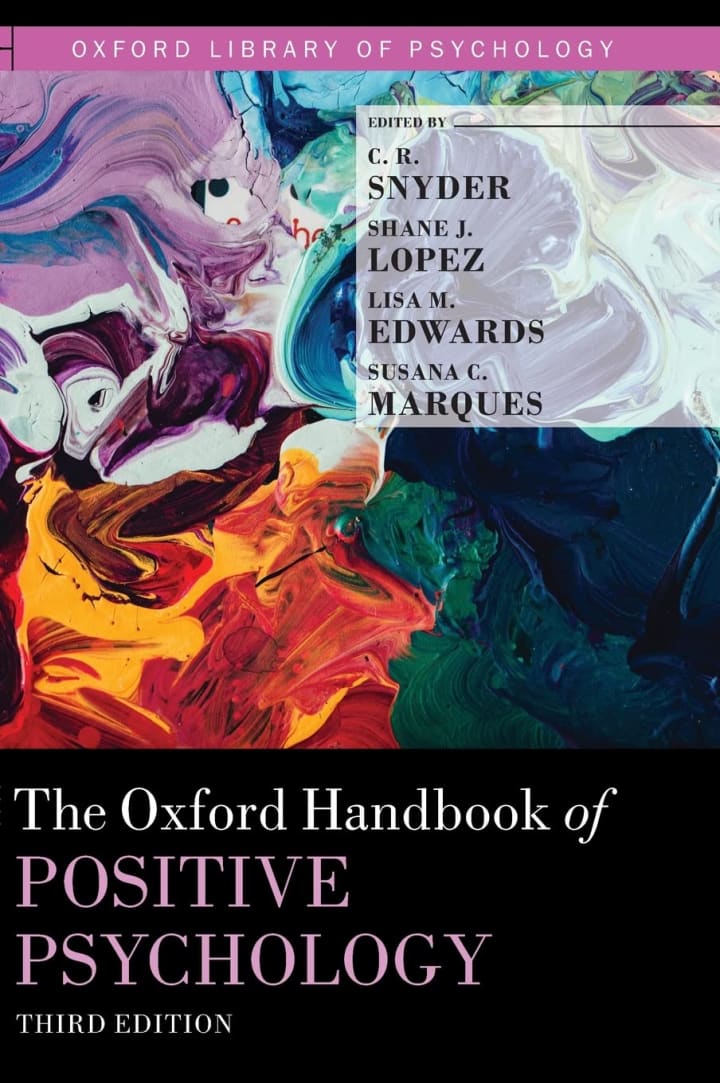
22. "Handbook of Positive Psychology" edited by C. R. Snyder and Shane J. Lopez:
The "Handbook of Positive Psychology" edited by C. R. Snyder and Shane J. Lopez provides a comprehensive overview of the field of positive psychology. This book explores topics such as happiness, well-being, resilience, and positive emotions, offering psychologists evidence-based approaches for promoting positive mental health.
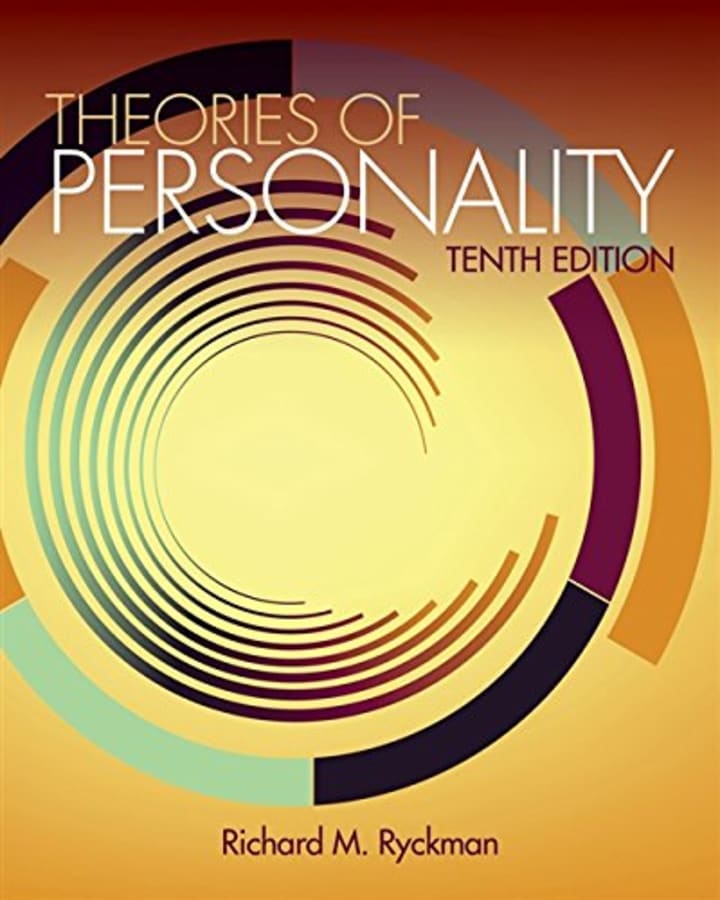
23. "Theories of Personality" by Richard M. Ryckman:
Richard M. Ryckman's "Theories of Personality" provides an in-depth exploration of major theories of personality development. This book offers psychologists a comprehensive understanding of different personality frameworks and their implications for assessment and intervention.
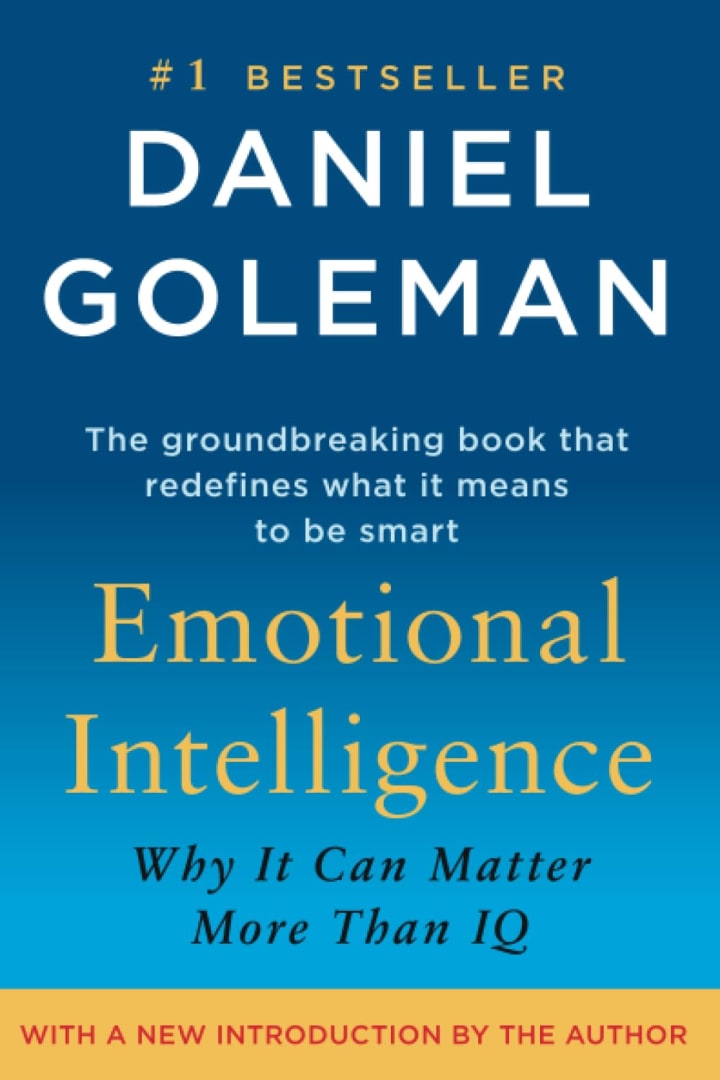
24. "Emotional Intelligence: Why It Can Matter More Than IQ" by Daniel Goleman:
Daniel Goleman's influential book, "Emotional Intelligence," highlights the importance of emotional intelligence in personal and professional success. This book explores the role of emotions in decision-making, relationships, and well-being, providing psychologists with valuable insights into fostering emotional intelligence in their clients.
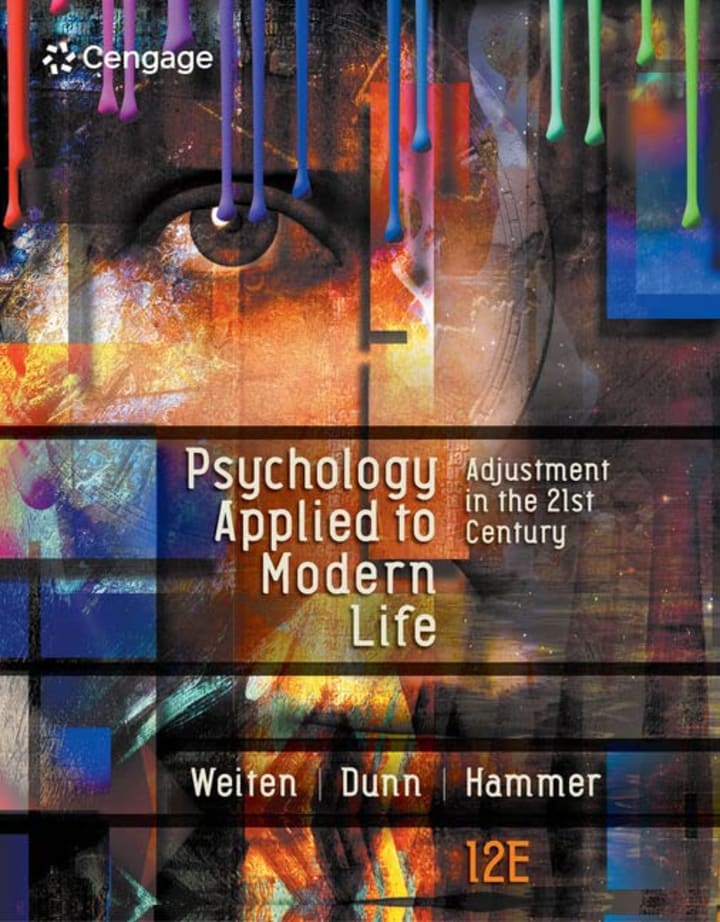
25. "Psychology Applied to Modern Life: Adjustment in the 21st Century" by Wayne Weiten, Dana S. Dunn, and Elizabeth Yost Hammer:
Wayne Weiten, Dana S. Dunn, and Elizabeth Yost Hammer's book, "Psychology Applied to Modern Life," applies psychological principles to real-world situations. This book explores topics such as stress management, relationships, career development, and mental health, providing psychologists with practical guidance for helping clients navigate modern challenges.
Conclusion:
These top 25 books for psychologists are invaluable resources that will accompany you throughout your career, offering profound insights, evidence-based practices, and transformative ideas. Whether you're a seasoned professional or just starting in the field, these books will support your professional growth, expand your knowledge, and enhance your therapeutic skills. Invest in your professional development by adding these books to your reading list, and let them be your steadfast companions on your journey as a psychologist.
About the Creator
NovelNest Books
Book Recommendations





Comments
There are no comments for this story
Be the first to respond and start the conversation.